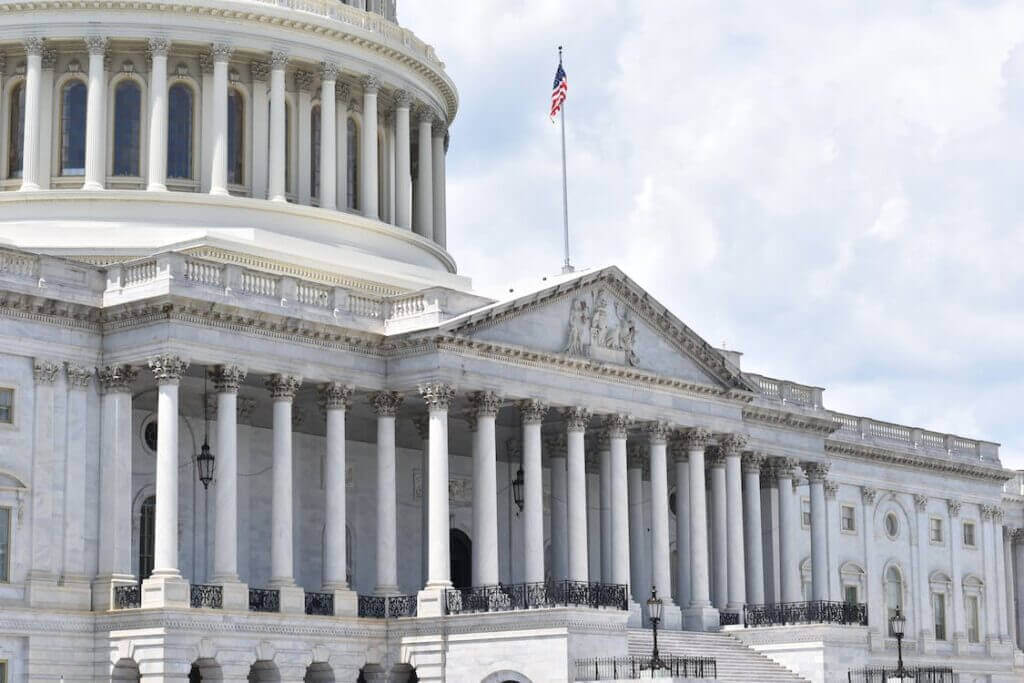In June 2022, the non-profit organization My voice counts, Comunidad de Venezuela launched the process to formally request a bill, known as the “Venezuelan Adjustment Act”.
Although time has passed and there seems to be no news regarding the fate of this law, let us review what is needed to comply with the requirements and apply to the corresponding authorities.
What does the Venezuelan Adjustment Act propose?
It is a legislative initiative inspired by the Cuban Adjustment Act that would make it easier to apply for a Green Card. As published on My voice counts, Comunidad de Venezuela’s website, the proposed legislation will allow all Venezuelans present in the U.S. territory to obtain permanent residency by December 31, 2021.
After such date, and having a period of one year and one day of continuous physical presence, Venezuelans may apply for adjustment of status. This is the main objective of the legislation, which is based on humanitarian grounds.
Who qualifies for Permanent Residency under the Venezuelan Adjustment Act?
The bill outlines which Venezuelans would qualify for permanent residency if the law is passed:
- All Venezuelan citizens physically present in the United States as of December 31, 2021.
- Individuals who have lawfully arrived in the United States through a port of entry (using one of the U.S. non-immigrant visa types).
- Those who have been physically present in the United States for at least one year prior to applying.
- Persons with no criminal record for serious crimes.
- Venezuelans with admitted entrance to the United States to apply for permanent residency.
- Immediate relatives of Venezuelans living in the United States (spouse and unmarried children under 21 years of age).
In any case, it should be kept in mind that this is only a bill, the content of which could be modified in Congress during the sessions.

Differences with the Cuban Adjustment Act
While this bill is inspired by and appeals to the jurisprudence of the 1966 Cuban Adjustment Act, it is not an imitation attempt. There is a big difference between these two legal remedies.
The Cuban Adjustment Act is open to all Cubans with family members who are citizens or permanent residents of the United States, provided that they enter through any regular port or through the border, without needing to comply with all legal immigration requirements.
The Venezuelan Adjustment Act, on the other hand, seeks to benefit only Venezuelans physically present in the United States as of December 31, 2021. Thus, it can be seen that the project is not aimed at irregular migrants, but only at those residing in the country from that date to the present.
The current status of the Venezuelan Adjustment Act
The bill was introduced in March 2022 to the U.S. Congress under the sponsorship of Florida Congresspeople Darren Soto, and Debbie Wassermant Schultz.
It was even assigned the number HR 7854, during the legislative session. This is an important step forward for the thousands of Venezuelans waiting to legalize their immigration status.
However, there is still a long way to go before final enactment. Still, other tools were available to at least give temporary legal relief to Venezuelans currently residing in the United States, such as Temporary Protected Status (TPS), and the 2022 immigration program for Venezuelans.

What is missing from the Venezuelan Adjustment Act?
What remains to be done before the law is enacted? Once the bill is submitted to the House of Representatives, it must be sent to an evaluation committee for review and modification (if necessary).
After this, it will be submitted for approval or denial. If approved, it will be sent to the Senate, and the House of Representatives to be analyzed and discussed again.
It will then be voted on again in a plenary session of Congress. If approved again, it would be sent to the President for enactment. It’s important to remember that the President has constitutional veto power, but this seems unlikely to happen under the Biden administration.
What are the chances that the Venezuelan Adjustment Act will be approved?
Its promoters are optimistic that the law can be approved in Congress. In addition, the bill has the support of several Republican and Democratic Party legislators.
However, even the most optimistic supporters of the law know that it will be far from easy to pass legislative muster. The outlook is complicated by the growing debate over immigration and the increasingly radicalized political polarization between Democrats and Republicans.
At Jaskot Law, we can offer assistance to those seeking to live and work in the United States legally.

